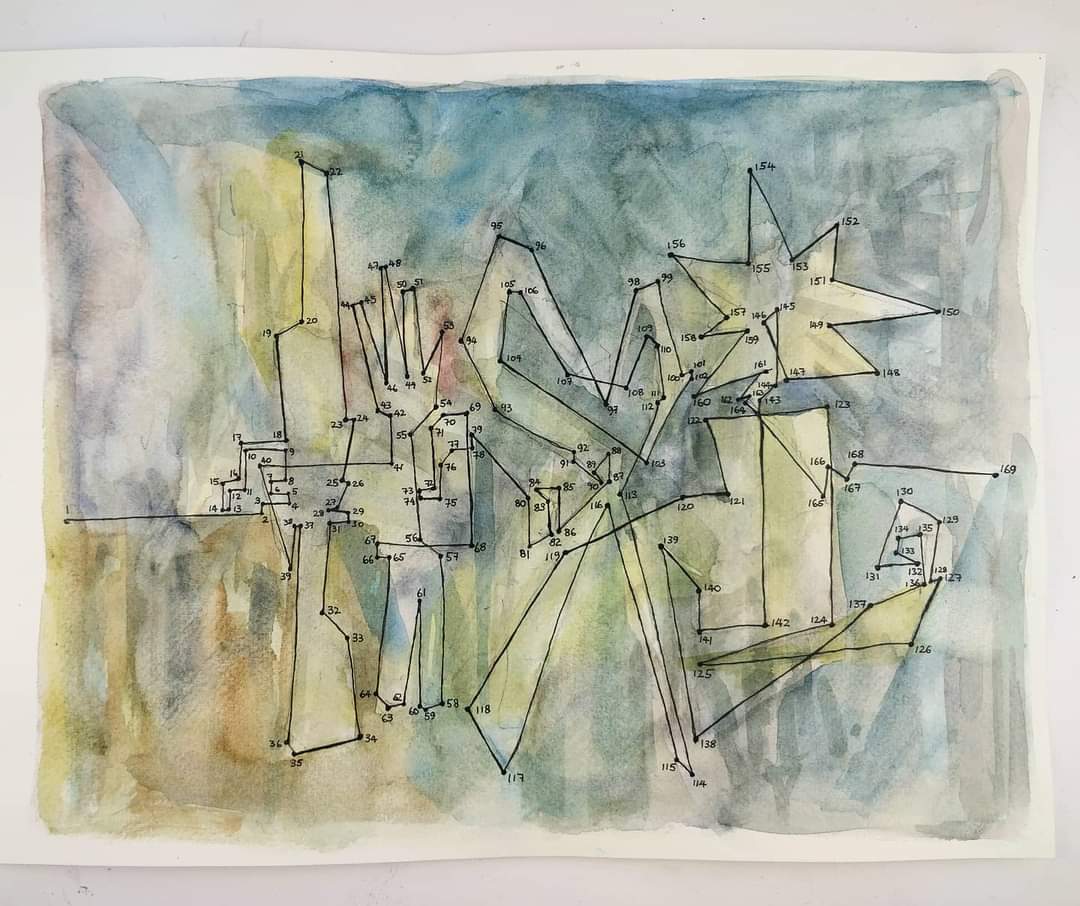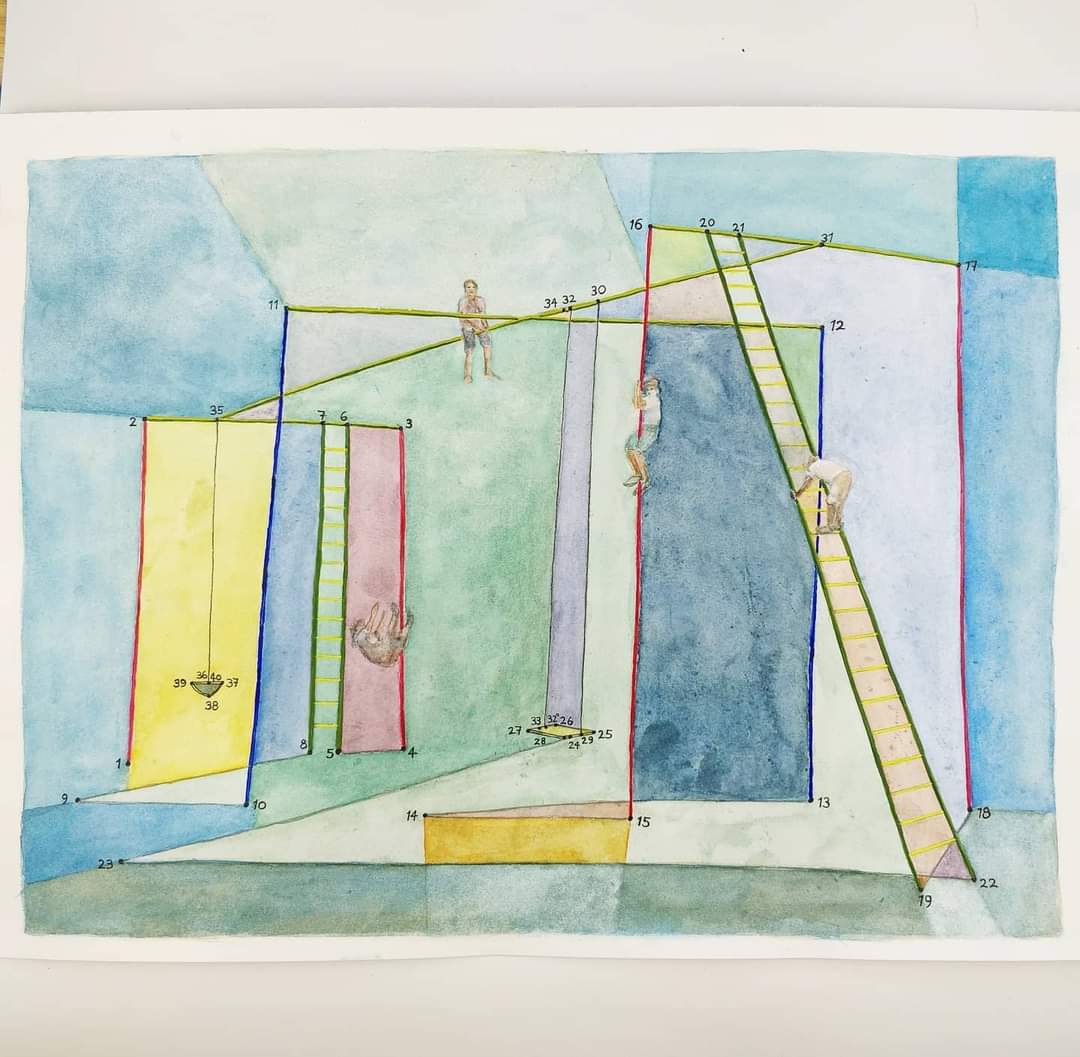Ask a young child, even a very young one, the question: “What is one plus one?” and the answer will very likely be: “Two.” Ask a mathematician the same question and the answer may be: “It depends….” Let me take you on a detour to convince you that the mathematician is not trying to be clever, but is pausing to consider the context of the answer.
Take a fresh look at a very familiar oddity – an analog clock face. Suppose we begin at 12 midnight, let twelve hours pass and then one more. The hour hand starts at 12, sweeps through 13 hours and comes to rest at 1, so seemingly, 12+1=1. Describing this as 1pm is our way of indicating that, in fact, more than one hour has passed. The oddity arises because, from the point of view of the clock, there exists no number greater than 12. Of course, if we describe our starting point as 0h00, we will end at 13h00, so indeed 12+1=13. We will, however, encounter a similar strange phenomenon if we consider, say 24+1, since in this way of describing time, there exists no number greater than 24.
Now imagine a clock face featuring only 0 (in place of the 12 on the normal face) and 1 (in place of the 6), and no other numbers. The hour hand starts at zero, sweeps down through an hour, then up through another and so returns to zero. Thus, shockingly, 1+1 appears to be zero. Again, there is a way of indicating that 1+1 is not “nothing.” Mathematicians write this as 1+1=10, but this is equally shocking if read at face value: one plus one equals ten! In this (binary) number system, all quantities have to be expressed and interpreted using only one and zero (thus 12+1=13, for example, is disguised as 1100+1=1101).
We are all very comfortable with “clock arithmetic” and not in the least disturbed by the very odd appearance and behaviour of numbers in computers (that depend on the binary system). Perhaps it would be more unsettling to know that beautiful, logical, provable Mathematics relies on a number system that flows beautifully, logically and with rigorous proofs from a set of axioms – “self-evident truths” – that cannot be proved.

There are two consequences of this fact that are pertinent. Firstly, although different number systems may give rise to unrecognizable Mathematics and sciences: Physics, Astronomy and the like, I have no doubt that they would serve to explore and describe our world and universe as our current number system does.
Thinking about what differences and similarities may exist gives rise, very naturally, to the questions: Could we design a number system that is free of inconvenient “self-evident truths” or would we still be forced to accommodate a set of axioms regardless of the choice of number system? If so, would those be the same axioms, though now disguised by new rules of operation governing different numbers? In other words, are the axioms a consequence of the chosen number system or do they have an independent existence – are they in some sense absolute?
Thus, surprisingly, thinking about Mathematics gives rise to the kind of questions that we would expect in the context of faith and religion: Does God exist because the make-up of our minds predisposes us to the notion of a god, or does God have an existence independent of humans?
Second, if by rationality we mean that we can apply reason to a premise (or mathematically speaking, prove a premise), then at the heart of number theory there lies an irrationality. This implies that at the very core of Mathematics, and therefore all disciplines, scientific and otherwise, that rely on Mathematics or simply use numbers, lies a leap of faith. And not just a small leap of faith of the kind that we need when we send an article over the oceans by courier, for example, rather a far-reaching one of a similar order of magnitude as required by the belief in an absolute, such as God.

Confronted with the unimaginable vastness and complexity of our universe, our attempts to describe, understand and explain it could have the appearance of a child’s game to the Creator. Yet, as puny as our efforts may be, and as imperfect as our tools and methods are, since our task is God-ordained and our means God-inspired, we are able to capture and convey a measure of the splendour and intricate structure of the creation.
The Kirby Laing Centre for Public Theology in Cambridge. Charity registered in England and Wales. Charity Number: 1191741
Kirby Laing Centre, The New Mill House, Unit 1, Chesterton Mill, French’s Road, Cambridge, CB4 3NP
© 2022 The Kirby Laing Centre for Public Theology in Cambridge